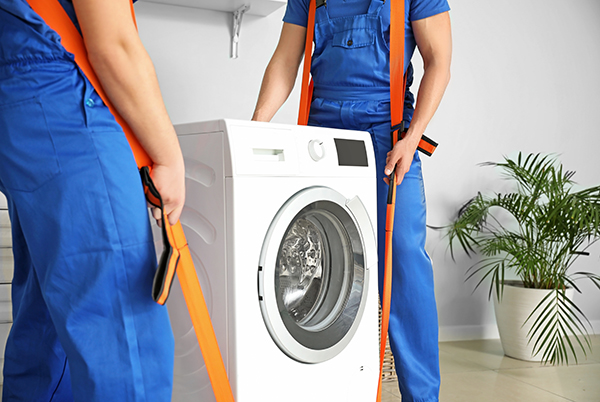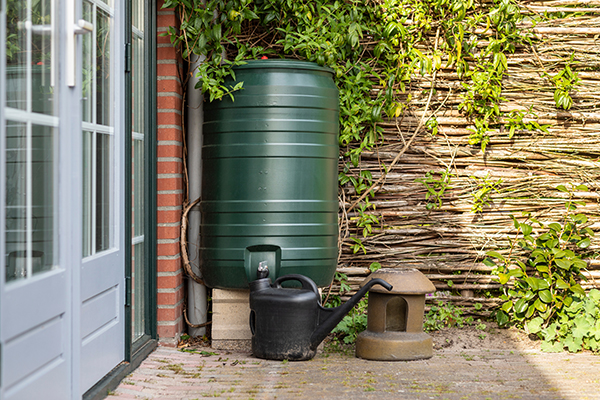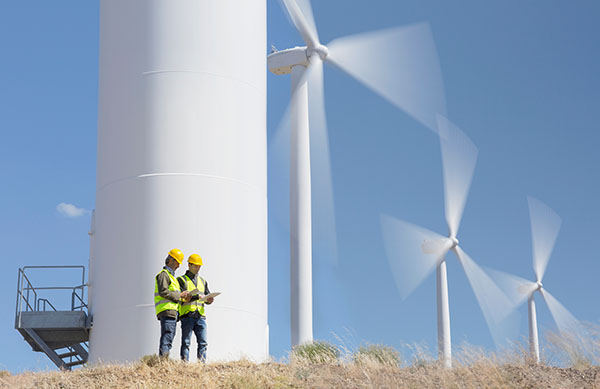WAR ON APPLIANCES: Energy Department announces NEW RULES for air conditioners and air cleaners
03/29/2023 / By Ramon Tomey

The Department of Energy (DOE) has announced new rules for using air conditioners and air cleaners, claiming that these would make the two appliances more efficient.
According to a March 23 press release by the DOE, it has already finalized new energy-efficient standards for window air conditioners and portable air cleaners. It argued that the new rules will “save American families and consumers approximately $1.5 billion per year on their electricity bills.”
Moreover, the DOE claimed that the new guidelines will “significantly cut pollution” by reducing “harmful carbon dioxide emissions by 106 million metric tons over 30 years.”
The rules for air cleaners will be implemented in 2024, while those for air conditioners will be implemented in 2026. They are expected to cost manufacturers a total of about $82.1 million upon taking effect.
The DOE’s guidelines did not sit well with some parties who commented on the proposal. The Association of Home Appliance Manufacturers (AHAM) blasted the guidelines as “too stringent” and warned of their “negative, disproportionate impact on low-income households.” It also urged the Energy Department to “reassess parts of its analysis with respect to proposed standard levels.”
The announcement came amid Washington’s regulations of different appliances, most notably for gas stoves. Alexander Hoehn-Saric, chairman of the Consumer Product Safety Commission, remarked back in January that his agency is “not looking to ban gas stoves and … has no proceeding to do so.”
However, Energy Secretary Jennifer Granholm told lawmakers during a March 23 hearing that gas stove regulation is indeed coming. She also denounced alleged “misinformation” about the regulations on the appliances, albeit not specifying what it is.
“It certainly doesn’t say that anybody would have their gas stove taken away,” Granholm said. She also clarified that about half the gas stoves that are currently on the market won’t be impacted, and that “high-end gas stoves” with their oval-shaped burners and heavier grates will most likely be regulated.
New guidelines sacrifice efficiency in favor of imaginary fight against “climate change”
Prior to the measures centering on air conditioners and air cleaners, the DOE proposed several rules with regard to washing machines. The agency’s guidelines sought to reduce washing machines’ water consumption at the cost of cleaning efficiency. This essentially meant that Americans would have to wear dirty and stinky clothes, even though they were washed, in the name of “fighting climate change.” (Related: Energy Department’s proposed washing machine guidelines a dirty deal for Americans.)
A spokesman for the Energy Department told Fox News that the guidelines “would not reduce product performance or negatively impact cleaning ability or cycle time.”
“Despite misleading claims to the contrary, these proposals are intended for nothing more than promoting innovation and keeping money in the pockets of Americans everywhere without sacrificing the reliability and performance that consumers expect and rely on.”
Leading appliance makers such as Whirlpool did not take too kindly to the Energy Department’s guidelines. They pointed out in public comments to the proposal that the mandates would force them to reduce cleaning performance just to comply with the new rules. This could lead to more expensive detergent and appliance prices, longer cycle times and inefficient clothes washing.
AHAM also put in its two cents, warning that the proposed guidelines “would have a disproportionate, negative impact on low-income households” by eliminating cheaper appliances from the market. It added that most appliances covered under the Energy Policy and Conservation Act of 1975 “now operate at peak efficiency,” and that putting additional “climate change” compliance guidelines is unlikely to provide “meaningful energy savings” and “could put performance at risk.”
Travis Fisher, senior research fellow at Heritage Foundation Center for Energy, Climate and Environment, said manufacturers’ concerns over the DOE’s guidelines are justified.
“When you’re squeezing all you can out of the efficiency in terms of electricity use and water – you, by definition, either make the appliance worse or slower,” he told the Washington Free Beacon.
“Why are we so focused on the energy output as opposed to if it’s helping me wash my clothes? That standard has kind of gone off the rails. They keep tightening the standards, and I’m not sure their reasoning makes sense anymore.”
Watch Glenn Beck expound on why the federal government’s gas stove ban is a “right-wing conspiracy” proven true.
This video is from the High Hopes channel on Brighteon.com.
More related stories:
NO ENERGY FOR YOU! SF Bay Area to phase out heating appliances powered by natural gas.
Now the climate “greenies” are going after natural gas, want it eliminated from homes nationwide.
Sources include:
Submit a correction >>
Tagged Under:
absurd, air cleaners, air conditioners, air purifiers, appliances, big government, carbon dioxide, climate, Department of Energy, energy efficiency, energy supply, environment, gas stoves, green living, Green New Deal, green tyranny, insanity, power, products, propaganda, regulation, washing machines
This article may contain statements that reflect the opinion of the author
RECENT NEWS & ARTICLES
COPYRIGHT © 2017 GREEN LIVING NEWS




















